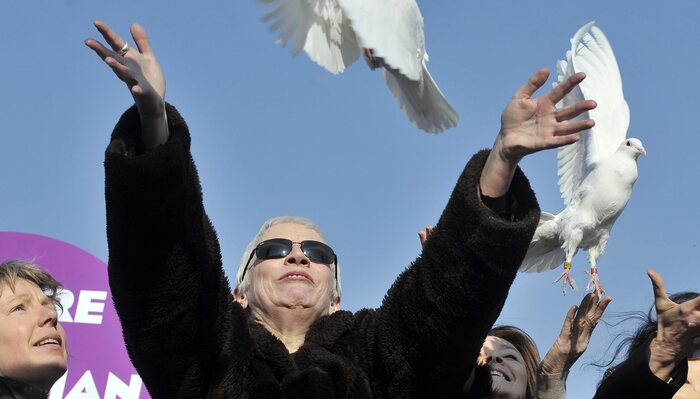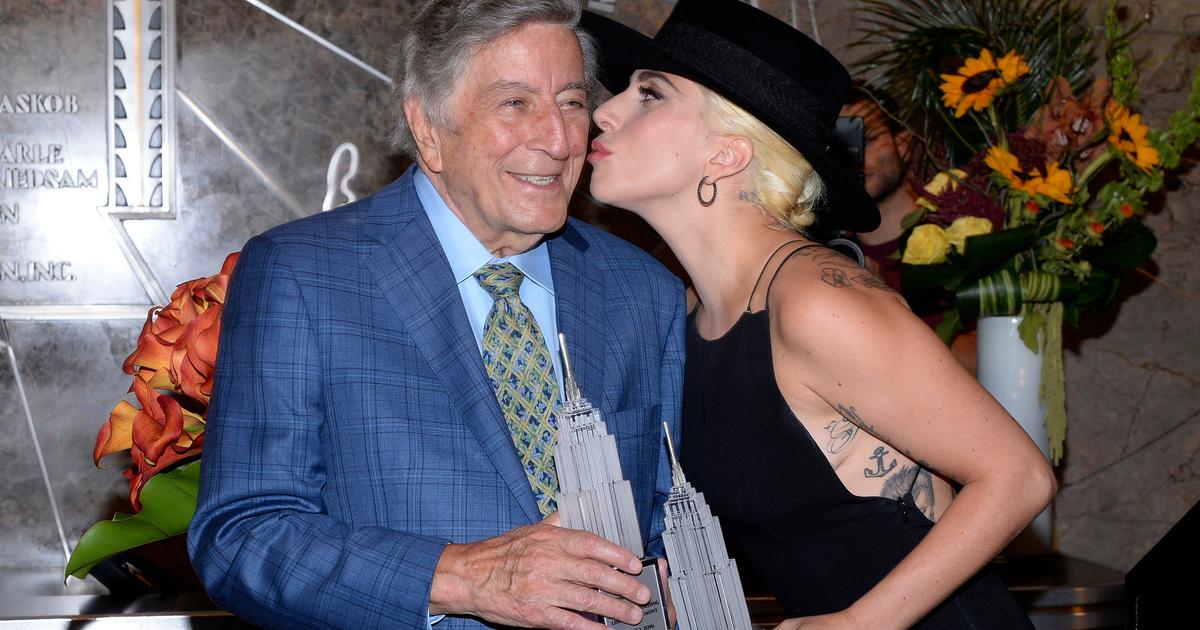Tony Judt was slowly dying, and his eagerness to write, instead of fading, or disappearing, became pressing. Tony Judt's illness had been confining him in a progressive paralysis, in a gradual loss of movement, but his mental faculties did not suffer any deterioration, so the consolation of lucidity, of memory, of full consciousness, at the same time it accentuated the horror of what was happening to him, the fulfillment of a sentence for which there would be no postponement. Already totally handicapped, in a wheelchair, with a microphone stuck to his mouth that picked up his inaudible voice, Tony Judt appeared in New York in some public act, as brilliant and battling as ever, with blows of dry English humor and Jew: "I have become a talking bust."
I had read almost all of his books and had attended some of his lectures. Just a few years earlier, Judt had published what was probably his masterpiece, the highest achievement in his career as a historian, Postwar . It was a history book and also a sweeping exercise of narrative faculties, of that specific form of literary talent that since at least Edward Gibbon is a glorious tradition of British historians, and of a few Americans as well. One day, reading The New York Review of Books , I found an essay by Judt that to my surprise was not historical, nor controversial, but purely autobiographical. It was titled Night , and its writing was as laconic as its title. It was the story of his nights of immobility and torment, lying face up on a bed, prisoner of his own inert but not insensitive body, afflicted with itching and pangs of pain from which he could not defend himself, abandoned in darkness and insomnia from the moment when his caretaker left him alone.
One by one, increasingly confessional essays appeared in The New York Review , more shocking for their contention, for the growing urgency with which they were written. The historian now became a memorialist, because his consciousness stripped of almost any physical connection to the present was projected with minute clarity into the past. The chronicler of twentieth century European history was now dictating, word for word, with increasing difficulty, the chronicle of his own life, and upon reading it one discovered the link between the two. It is possible that a historian, like a novelist, needs a marrow of personal involvement in the materials with which he works. As a Jew, with maternal roots in Russia and Eastern Europe, Judt had a far from theoretical or abstract view of the effects of totalitarianism; As a man of the left, raised in a working-class neighborhood of London, recipient of scholarships without which he could not have reached the University, his account of the changes that occurred in Europe after 1945 was marked by gratitude: by the full personal conscience of how social justice, public health and public education policies made it possible for many people without private resources to develop their best abilities.
It is a European story. It is that of Tony Judt and that of many who, like him, were the first in our families to study for high school and pursue a university degree. In the early years of this century, when Judt was writing Postwar , European unity seemed like pure bureaucratic inertia, and the welfare state did not attract much appreciation among most of those who benefited from it. Judt's book starkly reminded us of how much horror and how much destruction and how much hatred reigned in Europe at the end of the war, and how immense, sustained, heroic was the effort to rebuild it, while raising a system of liberties and social guarantees that for the first time in human history — it is said soon — they made education, health, and a certain degree of life security accessible to a vast majority of people. The historian Judt was more passionate about what he himself had experienced as a citizen.
And it was that same double passion that unleashed his anger in recent years, and did not allow him to linger or resign himself in the disease, the same lucid anger of activism that at 15 years had led him to enroll in a kibbutz in Israel, and that years later led him to denounce the injustices committed by the State of Israel against the Palestinians. Tony Judt's anger was directed against the conspiracy of economic powers, doctrinal professors of neoliberalism, hawk politicians, and exploited politicians who, since the simultaneous triumph of Ronald Reagan and Margaret Thatcher, organized with the purpose of disrupting one by one all the social conquests that they had been achieved since the new deal in the United States and the postwar period in western Europe.
In his country, since the 1980s, he had witnessed the privatization and immediate deterioration of basic services such as railways or water supply networks, and the scrapping of public health and education. Living in New York, I could see very closely the devastating consequences of the lack of any social, educational or health protection for the poorest. Long before Piketty, Tony Judt denounced the abysmal growth of inequality and the accumulation of wealth. The last book he published in life, in 2010, Algo va mal (Ill Fares the Land) , was a manifesto that many of us woke up to the reality of the destruction of so many essential things that we had not known how to defend, a roll of awareness against the stunnedness of a left so obsessed with celebrating identity groups that it had lost any project of civic fraternity, of universal emancipation, of improving the living conditions of workers.
I remember Tony Judt these days because the cause that he defended until his last breath is the one that is now revealed to us not as one option among others, but as the only possible one to survive the disaster: the old one, the discredited social democratic project of the personal sovereignty and collective solidarity, of free will and public services, of enlightened and scientific rationality against ignorance and demagogic fantasies. Tony Judt died in 2010, but he had written so much that his books continued to be published after his death. Now more than ever you have to keep reading it.








